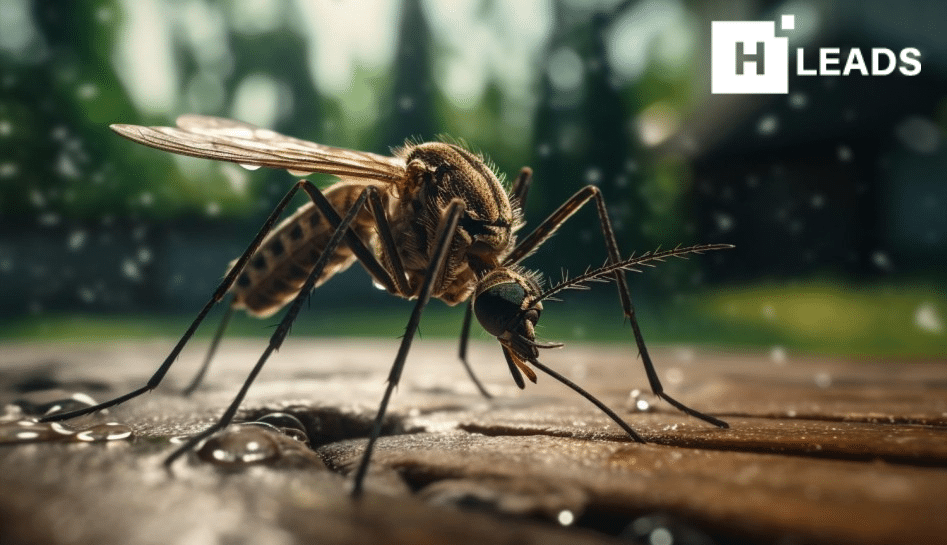Genetic modification, however, is a contentious issue, and concerns include potential ecological impacts and unforeseen consequences
In a bid to combat malaria, scientists are using gene editing to create modified mosquitoes that are resistant to the malaria parasite, New York Times reported.
The experiment being conducted by the scientists at the University of California, Davis, on the African island nation of São Tomé and Príncipet is expected to potentially transform the local mosquito population within a few months.
The region has faced persistent challenges in eradicating malaria, despite significant investments in various control measures such as bed nets, indoor spraying, and drug distribution. The mosquito vectors have developed resistance to insecticides, and the malaria parasite itself is evolving to resist treatments. Besides, funding for malaria control has plateaued.
The University of California team, led by molecular geneticist Gregory Lanzaro, told Nytimes that gene drive technology can provide a permanent and cost-effective solution to combat malaria. Gene drive allows for the rapid spread of a protective genetic modification through a wild mosquito population, he added.
However, genetic modification is a contentious issue, and African governments often lack regulatory frameworks for its use. Concerns include potential ecological impacts and unforeseen consequences.
São Tomé and Príncipe was chosen for the experiment due to its isolation and limited international traffic, with provisions in place to eliminate the modified mosquito population if necessary.
While some African critics argue for better sanitation and housing as alternatives to genetic modification, proponents emphasize the urgent need to address malaria-related deaths, which continue to claim lives.
The University of California project has invested in public education to alleviate fears and provides information about the benefits of genetic modification. They have also established a local laboratory and are funding graduate studies for São Tomense students.
International organizations like the World Health Organization recognize the potential of genetic modification as a self-sustaining solution for malaria control but stress the need for international regulation. The University of California’s approach is considered less risky and more sustainable than some other genetic modification strategies, offering a potential path to combat multiple diseases and species.
The project acknowledges the inevitability of nature’s resistance to genetic modifications but is prepared to adapt as needed. Still, until regulatory bodies are established in São Tomé and Príncipe, the team cannot assess the effectiveness of their method in the wild, leaving a pressing need for progress in the fight against malaria.
Also Read : Malaria free asia pacific region is within our reach


















Add Comment